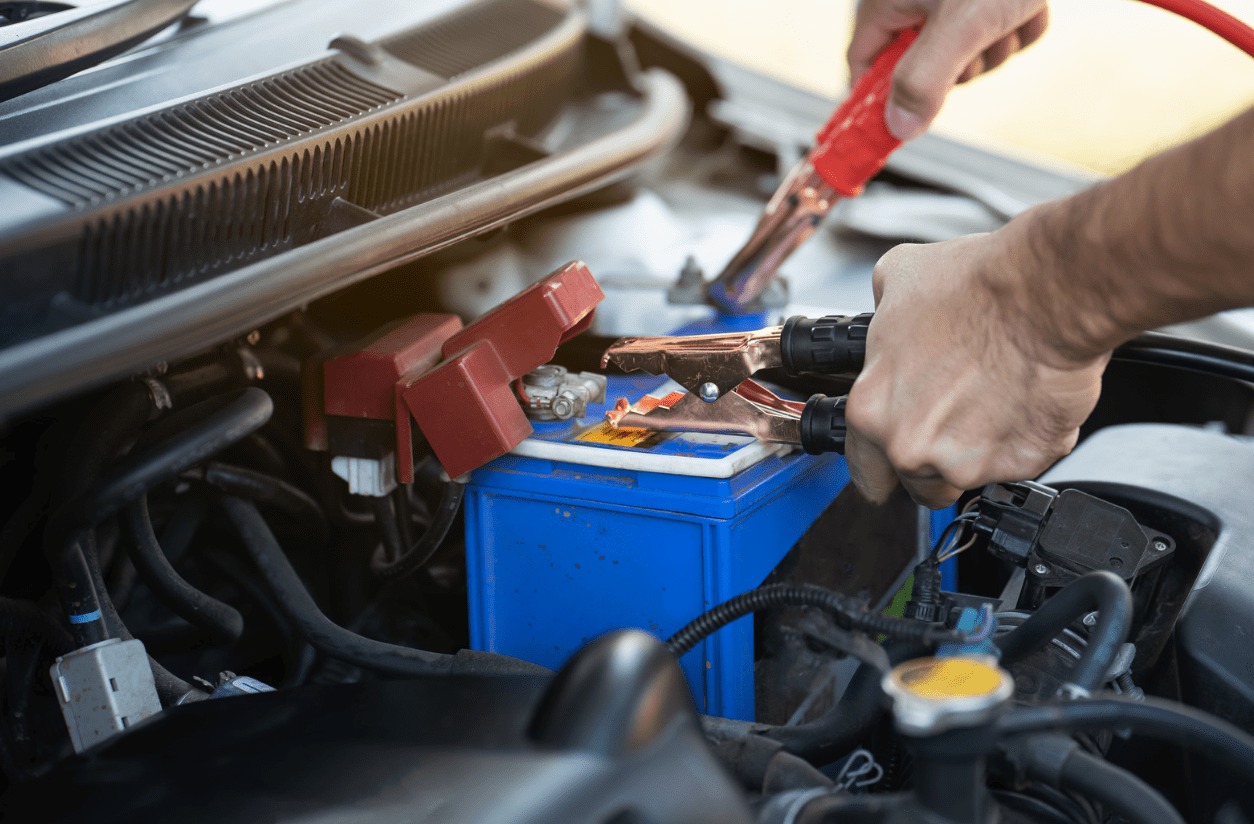In the era of renewable energy, electric vehicles, and advanced portable technologies, Battery Manufacturers have positioned themselves at the very heart of the global shift towards sustainability. With innovations in lithium-ion technology and growing demands for efficient energy storage, battery manufacturers are not only driving industrial advancement but also shaping the foundation of a cleaner, greener planet.
The Role of Battery Manufacturers in the Global Economy
Powering the Modern World
Battery manufacturers are vital to nearly every modern industry. From consumer electronics and smart homes to aerospace and defense, the dependence on energy storage has made batteries indispensable. As industries continue to evolve toward electrification and energy decentralization, battery manufacturers become the silent force enabling this transformation.
Supporting Clean Energy Growth
Renewable energy sources like solar and wind are inherently intermittent. To ensure reliable power supply, energy storage becomes essential. Battery manufacturers develop the technology that bridges this gap, enabling excess energy to be stored and used when needed. This contribution is critical to transitioning from fossil fuels to sustainable alternatives.
Evolution of Battery Technology
From Lead-Acid to Lithium-Ion
Battery technology has come a long way since the invention of lead-acid batteries in the 19th century. Today, lithium-ion batteries dominate the market, thanks to their high energy density, lightweight nature, and long lifespan. Battery manufacturers have continuously refined these technologies, making them more affordable and scalable for mass adoption.
Emerging Innovations
Solid-state batteries, sodium-ion alternatives, and graphene-based cells are just a few innovations in development. These breakthroughs aim to offer faster charging, longer life, and safer operation. As battery manufacturers invest heavily in R&D, the future holds even more promise for high-performance energy storage systems.
Environmental Impact and Sustainability
Reducing Carbon Emissions
Battery manufacturers play a critical role in reducing carbon footprints. Electric vehicles powered by lithium batteries emit significantly less CO₂ than their internal combustion counterparts. As more vehicles transition to electric power, the cumulative reduction in emissions is substantial.
Emphasis on Recycling and Circular Economy
Sustainability doesn’t stop at production. Battery manufacturers are increasingly focused on establishing recycling ecosystems. Recovering valuable metals such as lithium, cobalt, and nickel helps reduce environmental impact and supports a circular economy. Companies are now designing batteries with easier disassembly and end-of-life recovery in mind.
Global Leaders in Battery Manufacturing
Dominance of Asia-Pacific Region
Countries like China, South Korea, and Japan are leading the global battery manufacturing market. With advanced infrastructure, government support, and massive investments in R&D, these nations are home to some of the most influential battery manufacturers in the world.
Expansion in Europe and North America
While Asia remains dominant, Europe and the U.S. are rapidly scaling up their production capacities. Driven by demand for EVs and energy storage systems, new gigafactories are being established, creating competition and innovation in the sector. Battery manufacturers in these regions are also aligning with stricter environmental standards and regional policies.
Battery Manufacturers in Electric Mobility
Accelerating the EV Revolution
Electric vehicles are one of the primary drivers of growth for battery manufacturers. EV sales have skyrocketed, and manufacturers are racing to meet demand. High-performance batteries with fast charging and extended range are central to consumer adoption.
Building Charging Infrastructure
Beyond vehicle batteries, manufacturers are also collaborating with governments and energy companies to develop smart charging infrastructure. This holistic approach ensures that the transition to electric mobility is smooth, efficient, and sustainable.
Challenges Facing Battery Manufacturers
Raw Material Sourcing
Lithium, cobalt, and nickel are essential for battery production, but sourcing them poses ethical and environmental concerns. Battery manufacturers must navigate geopolitical risks, labor issues, and fluctuating market prices to ensure stable supply chains.
Cost and Affordability
Though prices for lithium-ion batteries have dropped significantly, affordability remains a barrier in some regions. Manufacturers continue to work on reducing costs through economies of scale, alternative chemistries, and improved production efficiency.
Technological Limitations
Current technologies still face limitations in energy density, safety, and lifecycle. Battery manufacturers are under pressure to deliver batteries that are not only more powerful but also safer, longer-lasting, and environmentally benign.
Future Trends in Battery Manufacturing
Automation and Smart Factories
Industry 4.0 is transforming how batteries are made. Battery manufacturers are embracing robotics, machine learning, and data analytics to enhance precision, reduce waste, and speed up production cycles.
Decentralized Energy Systems
With the rise of prosumers (individuals who both consume and produce energy), residential energy storage is booming. Battery manufacturers are creating compact and intelligent home battery systems that work seamlessly with solar panels and smart grids.
Integration with IoT and AI
Future batteries will be more than energy storage devices. Integrated with IoT and AI, they will self-monitor, adapt to usage patterns, and predict failures. This innovation will increase reliability and decrease maintenance costs across applications.
Importance of Regulation and Safety Standards
Ensuring Product Safety
Battery failures can have dangerous consequences, from overheating to explosions. Regulatory bodies enforce rigorous testing standards, and manufacturers must comply to ensure safety. Adherence to these protocols protects both users and brand reputation.
Environmental Regulations
Battery manufacturers must also comply with environmental standards related to emissions, disposal, and recycling. Meeting these regulations is critical not just for legal compliance but also for maintaining consumer trust and sustainability commitments.
Investment and Market Growth
Increasing Investor Interest
Battery technology is now a top priority for investors, venture capitalists, and governments. With applications across multiple trillion-dollar industries, battery manufacturers attract significant funding, helping them scale rapidly and innovate continually.
Market Projections
According to market forecasts, the global battery manufacturing market is expected to surpass hundreds of billions of dollars in value by 2030. This trajectory is fueled by demand in electric mobility, consumer electronics, and grid storage.
Collaborations and Strategic Alliances
Partnerships with Automakers
Battery manufacturers frequently partner with automakers to co-develop EV battery systems. These alliances ensure optimized integration and performance, while securing consistent demand for manufacturers.
Government and Academia Support
Collaboration with governments and research institutions enables battery manufacturers to access cutting-edge knowledge, funding, and support. Public-private partnerships accelerate technology development and deployment across sectors.
Conclusion: Why Battery Manufacturers Matter More Than Ever
Battery manufacturers are the unsung heroes of our technological age. Their innovations power our devices, clean our transportation, and stabilize our energy grids. As climate change and energy demands intensify, the need for efficient, scalable, and sustainable batteries becomes even more critical.
Through relentless innovation, commitment to sustainability, and global collaboration, battery manufacturers are shaping the future of clean energy. Their role goes beyond business — they are central to humanity’s ability to transition toward a low-carbon, high-efficiency, electrified future. As the world moves ahead, one thing remains clear: the road to a sustainable tomorrow is being paved by the leaders in battery manufacturing.



